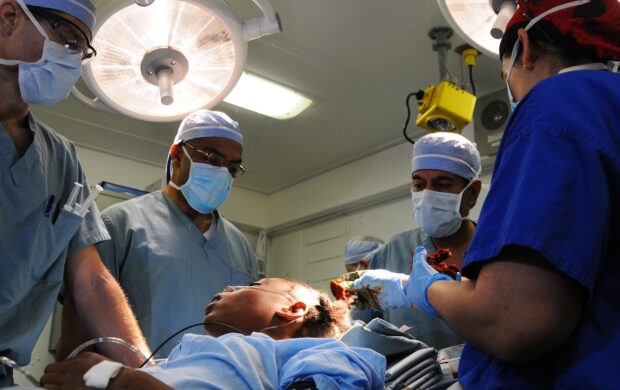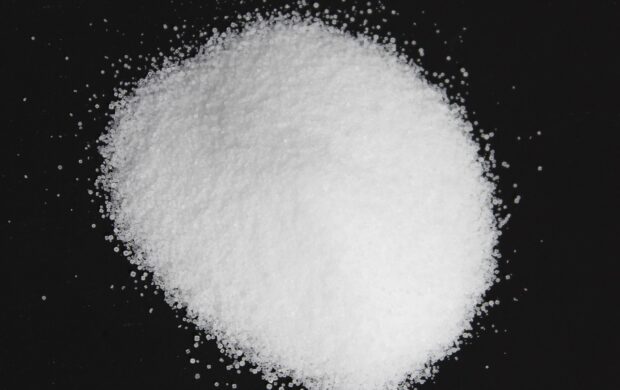The International Agency for Research on Cancer (IARC), part of the World Health Organisation, has reported that processed meat is carcinogenic to humans. It also reported that red meat is likely to cause cancer.

Processed meats such as hot-dogs, hams and bacon are now classed as Group 1 carcinogens, alongside tobacco and asbestos, and red meat as Group 2A. The cancer they have been shown to cause is colorectal (of the bowel).
The findings were taken from twenty years of epidemiological research, concluding that each 50 gram portion of processed meat consumed daily increases the risk of colorectal cancer by 18%.
Dr Kurt Straif, Head of the IARC Monographs Programme, makes clear that “For an individual, the risk of developing colorectal cancer because of their consumption of processed meat remains small, but this risk increases with the amount of meat consumed”. Colorectal cancer remains more common amongst people who eat high amounts of processed and red meat.
Compared to smoking, processed and red meats are classified the same ‘hazard’, yet the ‘risk’ from smoking remains significantly higher. As much as 19% of all cancers in the UK are from smoking, while 3% are from processed and red meat.
Image credit: cyclonebill / Flickr














